Soundproofing is often used to control the amount of noise in an environment. In order to do this, multiple methods can be used such as absorbing sound, dampening vibrations, or sounds barriers. Read More…
Founded in 2019, DDS Acoustical Specialties stands at the forefront of the acoustic solutions industry, boasting a cumulative experience of more than 45 years. With a commitment to excellence, we specialize in the design, management, and installation of cutting-edge noise control and soundproofing products that cater to the unique needs of businesses across the nation. As we continue to evolve...

At IAC Acoustics, we specialize in providing comprehensive noise control solutions that address the acoustic challenges faced by a wide range of industries. Our work is rooted in engineering precision and a deep understanding of sound attenuation, enabling us to design and manufacture high-performance products that solve real-world noise issues.

Acoustical Control will do everything from design to final inspection. We custom make noise control systems for each project. We have been extremely successful in the area of noise control on oil and gas compressors. We can help you with your soundproofing needs. Contact us today.

Isotech, Inc. offers a wide range of Noise Barrier products to contain/reduce/block the noise path. These include flexible portable or permanent enclosures or sheets and rolls of mass loaded vinyls, quilted barrier composites and absorber barrier composites. A noise barrier treatment is extremely effective in reducing overall noise levels depending on the extent that the noise barrier blocks the...

More Soundproofing Material Companies
Noise absorption materials suppress echoes, reflections, resonance, and reverberations whereas noise reducing materials lessen the energy of the sound waves. Before implementing soundproofing materials, it is important to research the best solution for each application. Some components are used in conjunction with each other and others may be used if the space allows. A variety of industries utilize soundproofing materials such as industrial, commercial, and even residential to make places acoustically pleasant. Common places include recording studios, edit rooms, research facilities, function halls, gyms, and even upgraded laundry rooms. To block noise for industrial workers, acoustic curtains are often used when need be.
Soundproofing involves using materials that are able to trap noise and prevent reverberations that would send noise pollution back into the space. Materials that are corrugated, uneven, or jagged in appearance are the most effective because they increase the ratio of the sound barrier and opening space. They allow the sound waves to dissipate more fully and absorb noise. Examples of this can be foam, wedges, rock wool, sheetrock, high mass vinyl, fiberglass, rubber, aluminum, composite, glass, polyethylene, mineral wool, and soundboard. Mineral wool fibers are good example of soundproofing options that are non-combustible and have high melting points allowing them to be used around heat generating industrial machines without serious risks. These materials can be applied during or after construction of a space, however post-construction soundproofing is often far less effective than installing a sound-proofing material from the beginning.





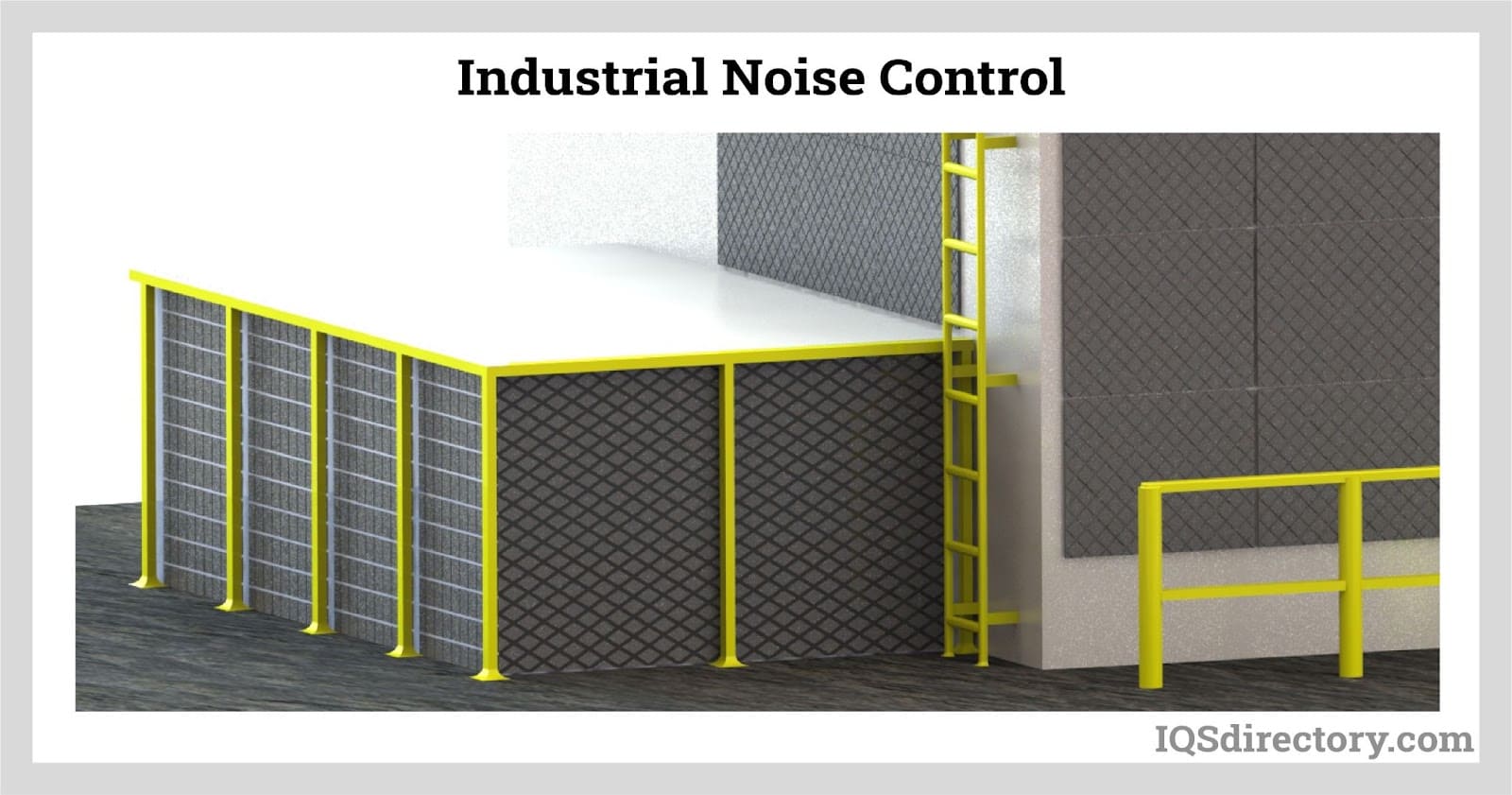
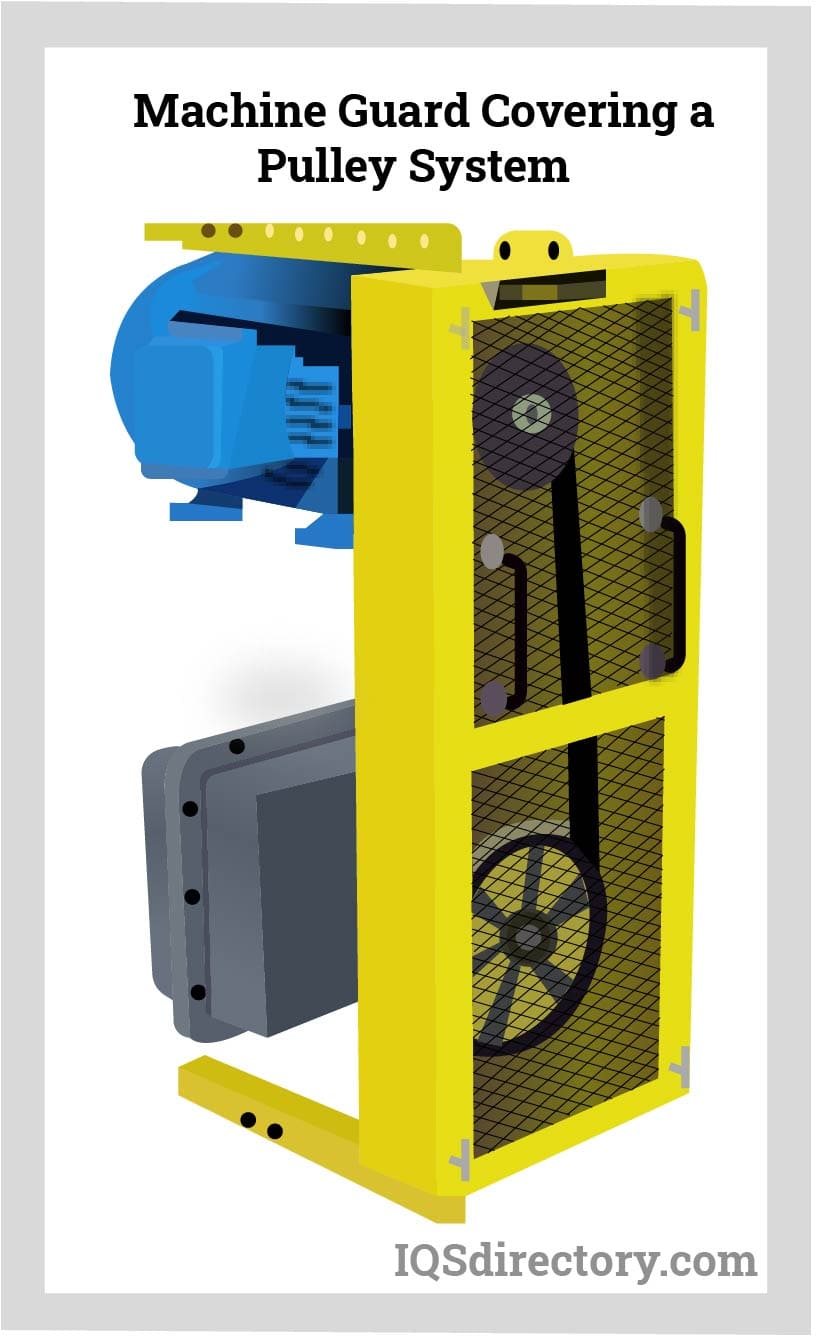
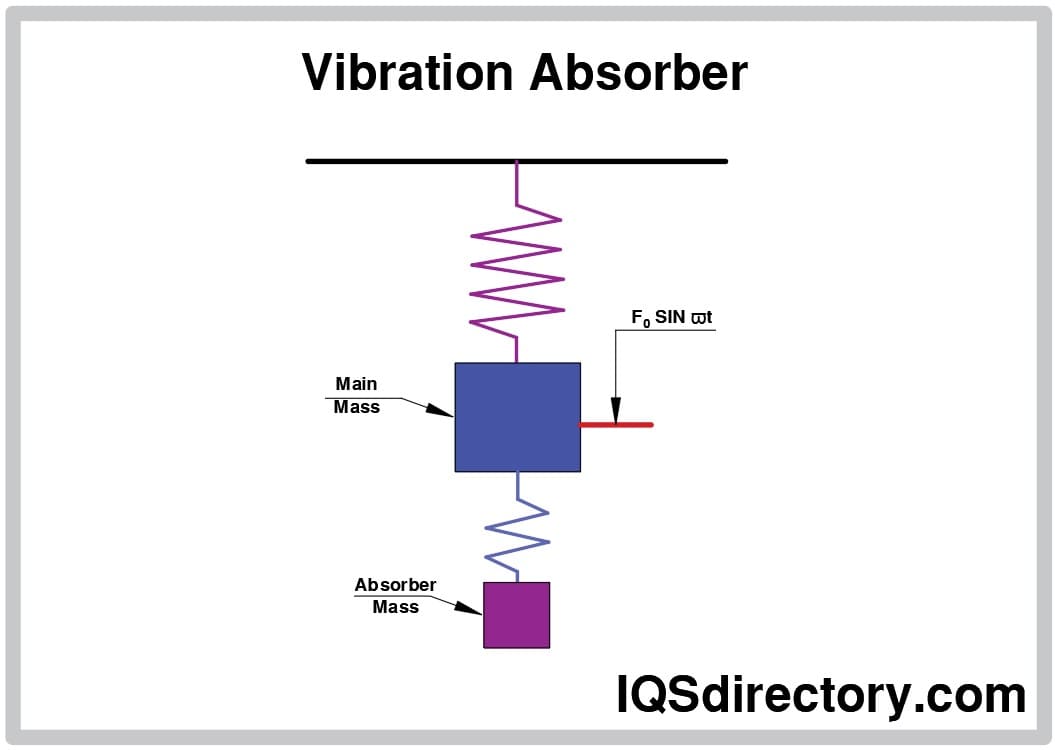
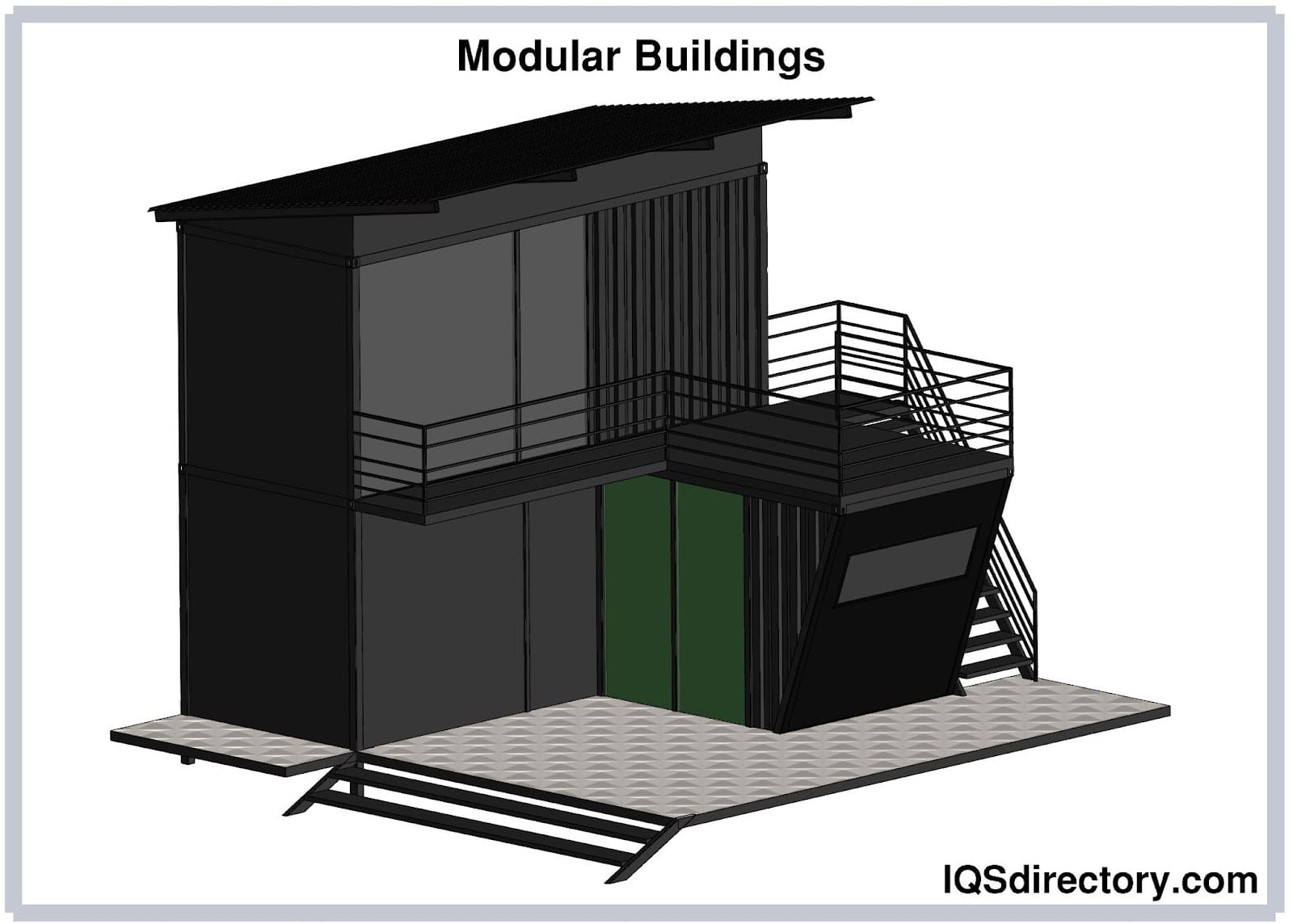
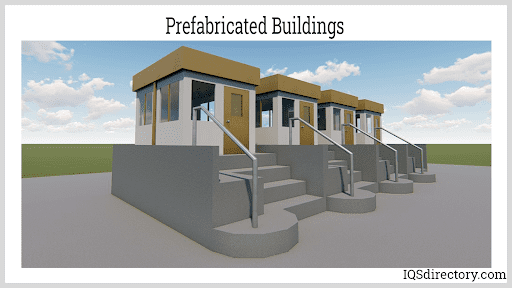
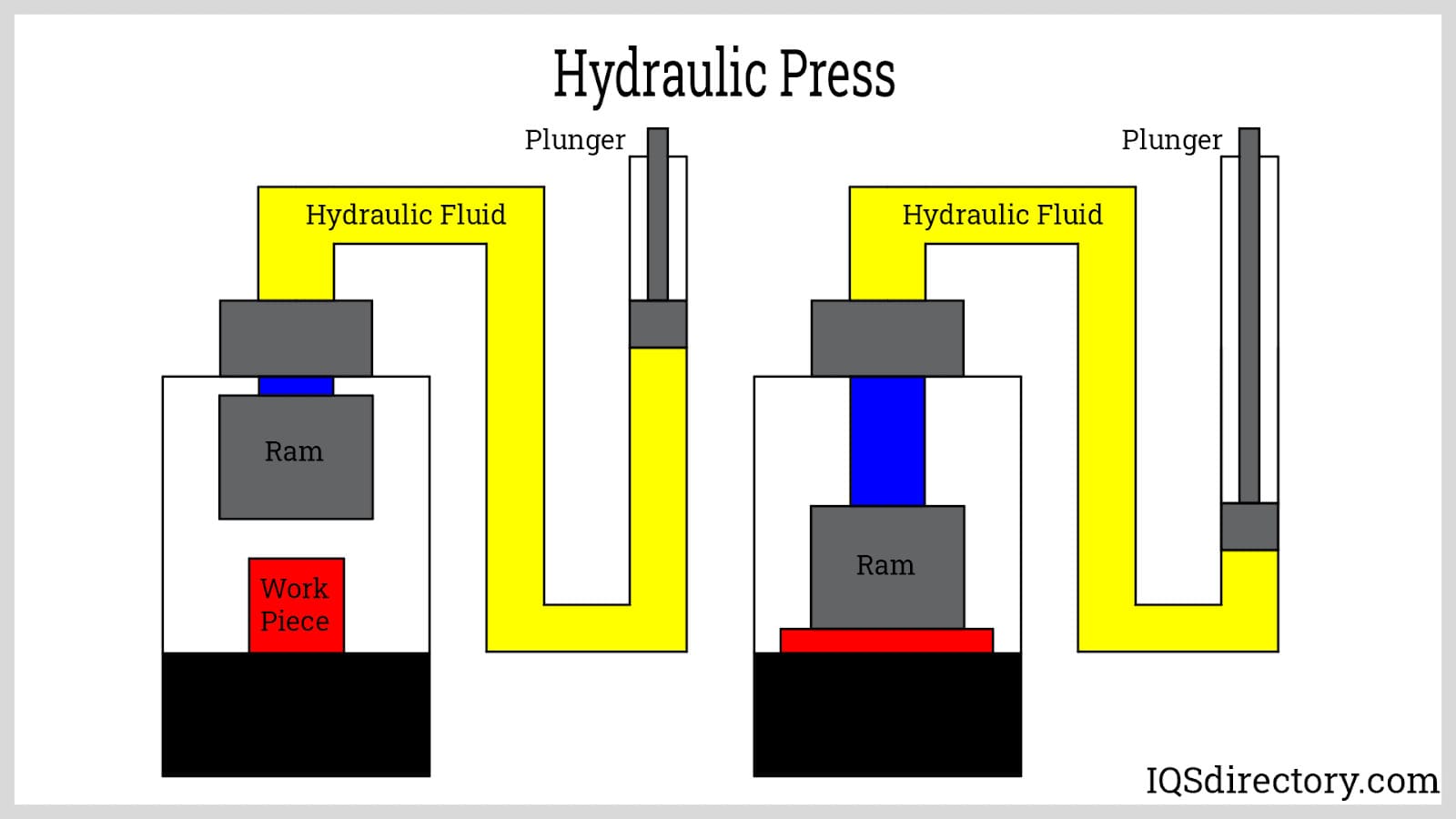
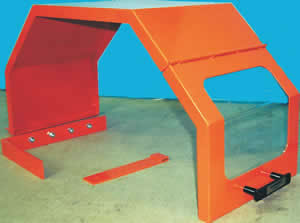 Machine Guards
Machine Guards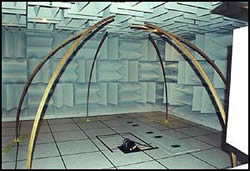 Noise Control
Noise Control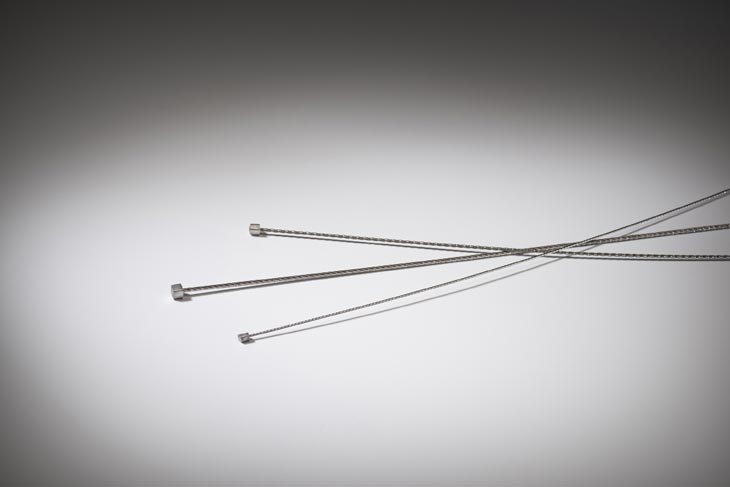 Safety Cables
Safety Cables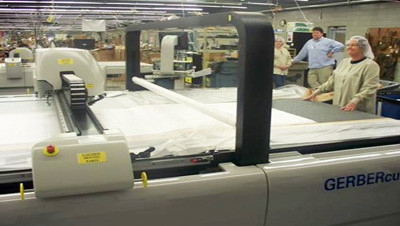 Sewing Contractors
Sewing Contractors Castings & Forgings
Castings & Forgings Bulk Material Handling
Bulk Material Handling Electrical & Electronic Components
Electrical & Electronic Components Flow Instrumentation
Flow Instrumentation Hardware
Hardware Material Handling Equipment
Material Handling Equipment Metal Cutting Services
Metal Cutting Services Metal Forming Services
Metal Forming Services Metal Suppliers
Metal Suppliers Motion Control Products
Motion Control Products Plant & Facility Equipment
Plant & Facility Equipment Plant & Facility Supplies
Plant & Facility Supplies Plastic Molding Processes
Plastic Molding Processes Pumps & Valves
Pumps & Valves Recycling Equipment
Recycling Equipment Rubber Products & Services
Rubber Products & Services